Occasional teeth grinding while sleeping is harmless, but excessive and prolonged teeth grinding can lead to a number of health problems.
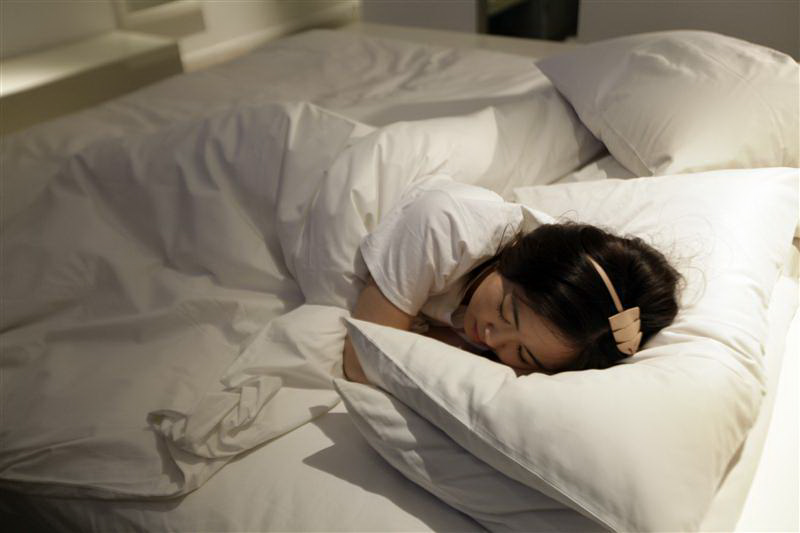
Grinding teeth while sleeping can damage teeth - Illustration: REUTERS
Teeth grinding can be classified as diurnal or nocturnal, depending on whether it occurs while awake or asleep. Diurnal teeth grinding is considered a separate condition from nocturnal teeth grinding, and is often associated with stress.
While nighttime teeth grinding can be caused by a variety of factors, it is difficult to pinpoint the cause or recommend a treatment for an individual. However, it is clear that the behaviour is more common in children than adults, with some estimates suggesting that up to half of children may grind their teeth in their sleep before they reach adolescence.
Is grinding teeth while sleeping dangerous?
IFLScience reports that there is little research on the causes of teeth grinding in adults. According to one study, the cause is due to misaligned bites that affect the function of the jaw muscles.
Other causes include stress and anxiety, taking antidepressants, drugs containing cocaine or ecstasy, and drinking too much coffee or alcohol. Other nighttime disorders such as sleep apnea are also associated with teeth grinding.
Most people who grind their teeth while sleeping do not experience any negative consequences, although excessive grinding can cause pain and dysfunction of the jaw muscles, a condition known as temporomandibular joint disorder.
The other major risk involves teeth, which can break, chip or wear down if grinding is done too hard or too often.
Some patients report pain in the neck and face. Headaches and insomnia have also been associated with nocturnal bruxism.
How to fix?
Unfortunately, there is no cure for bruxism. However, there are some things that can help. These include relaxation and stress reduction exercises, as well as other lifestyle changes related to diet and medication.
If teeth grinding is related to sleep apnea, a breathing device may be needed to help relieve both conditions at the same time.
Other healthy sleep habits such as going to bed on time and making sure your bedroom is dark and quiet can also help prevent teeth grinding.
In severe cases, your dentist may recommend a mouth guard to prevent damage to your teeth at night.
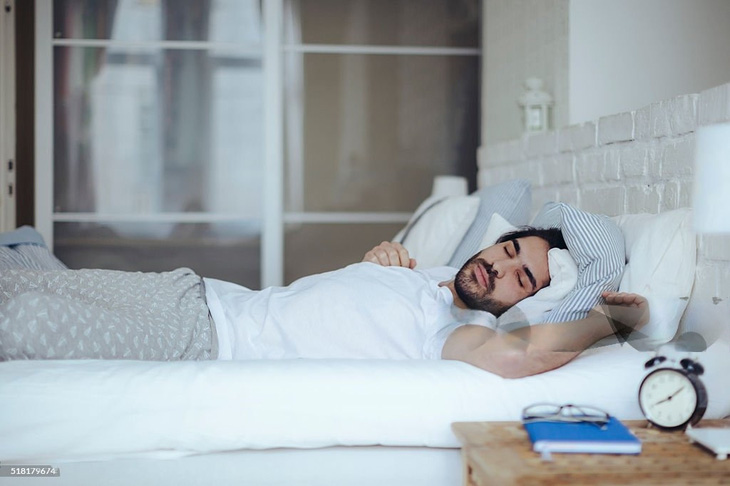 What happens when you sleep too much?
What happens when you sleep too much?Source: https://tuoitre.vn/tai-sao-nhieu-nguoi-nghien-rang-khi-ngu-tranh-duoc-khong-20241119125729492.htm




![[Photo] National Assembly Chairman Tran Thanh Man attends the Policy Forum on Science, Technology, Innovation and Digital Transformation](https://vstatic.vietnam.vn/vietnam/resource/IMAGE/2025/4/13/c0aec4d2b3ee45adb4c2a769796be1fd)

![[Photo] National Assembly Chairman Tran Thanh Man attends the ceremony to celebrate the 1015th anniversary of King Ly Thai To's coronation](https://vstatic.vietnam.vn/vietnam/resource/IMAGE/2025/4/13/6d642c7b8ab34ccc8c769a9ebc02346b)
![[Photo] Prime Minister Pham Minh Chinh chairs the Government's special meeting on law-making in April](https://vstatic.vietnam.vn/vietnam/resource/IMAGE/2025/4/13/8b2071d47adc4c22ac3a9534d12ddc17)





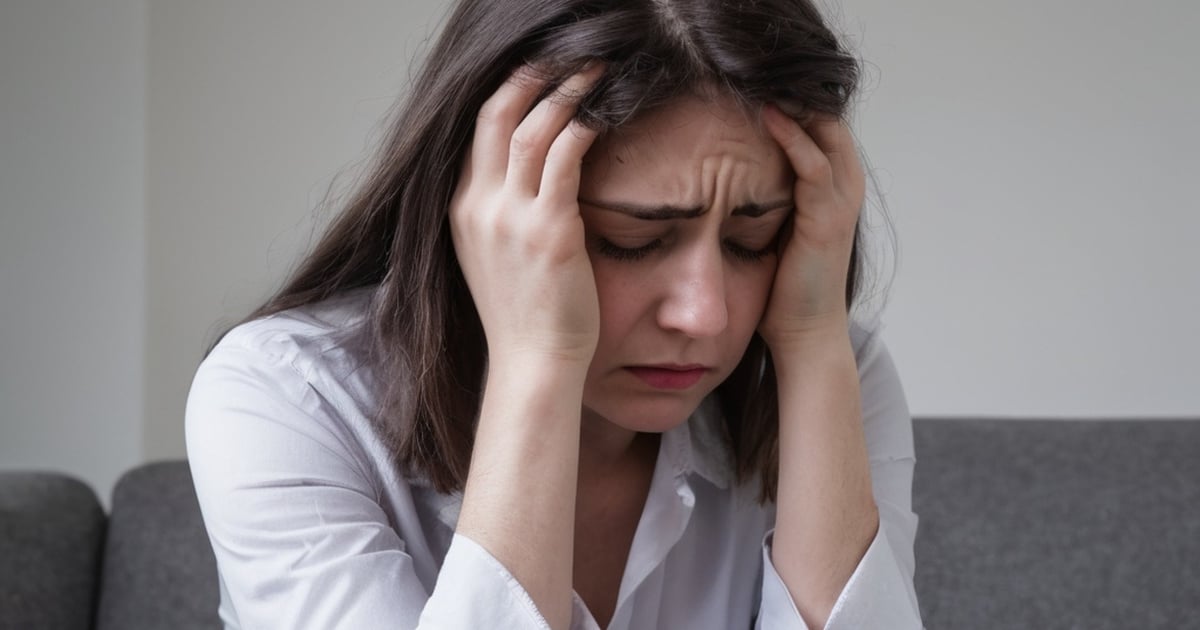

![[Video] Hanoi: Measles cases forecast to continue to increase](https://vstatic.vietnam.vn/vietnam/resource/IMAGE/2025/4/14/d8da316d2602439c8cba474e3bebed26)

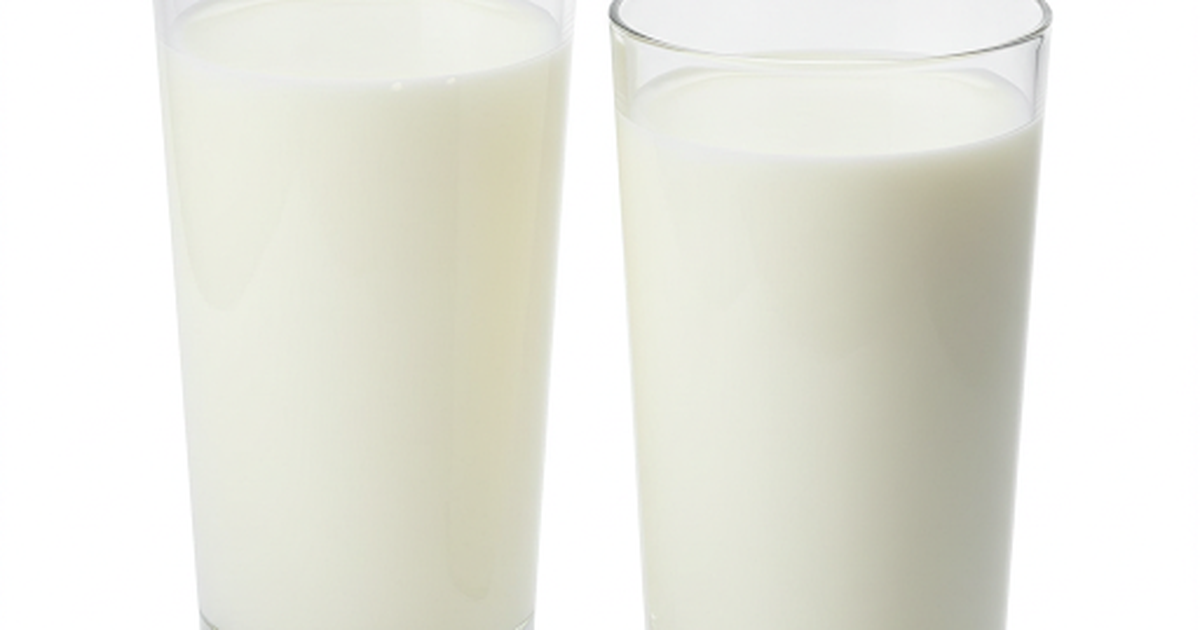
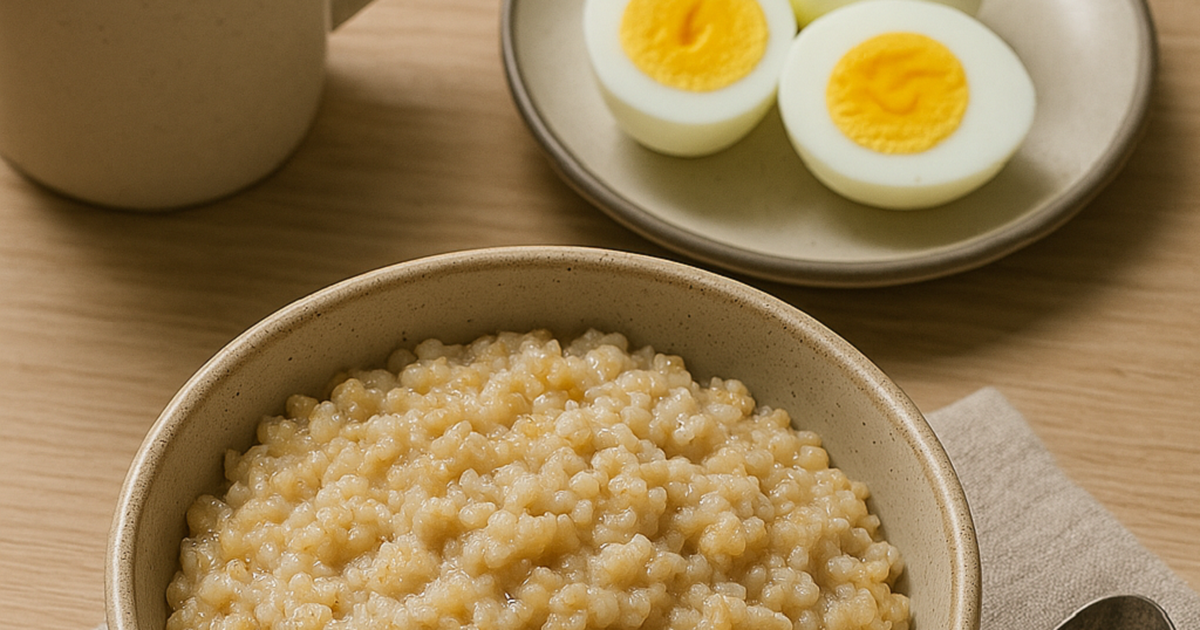

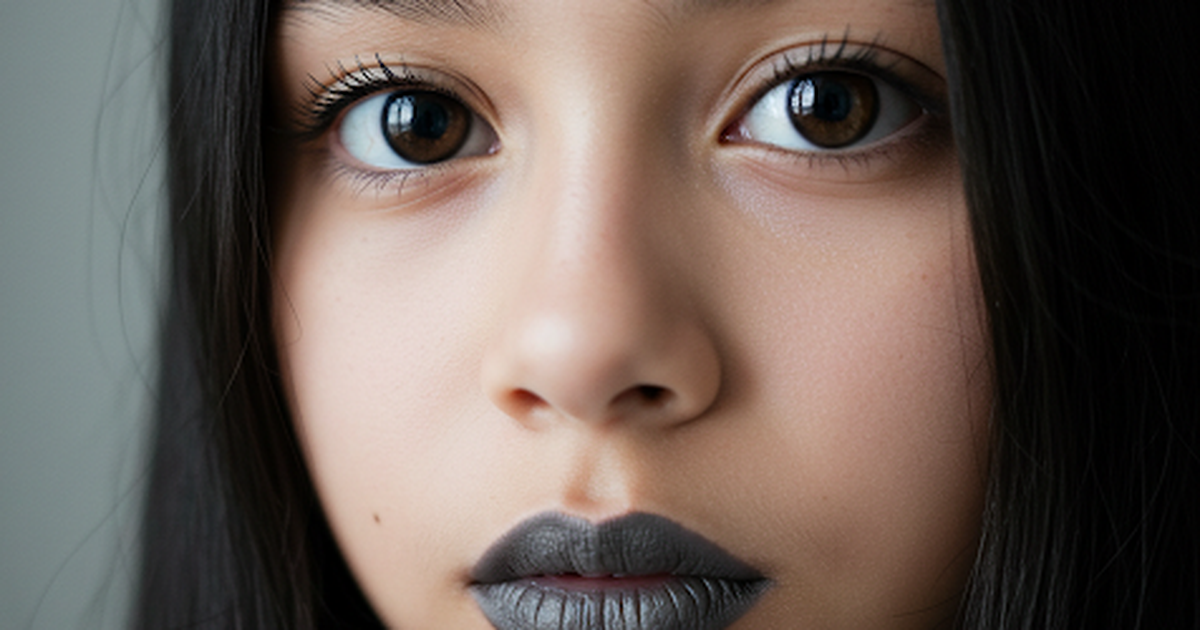




























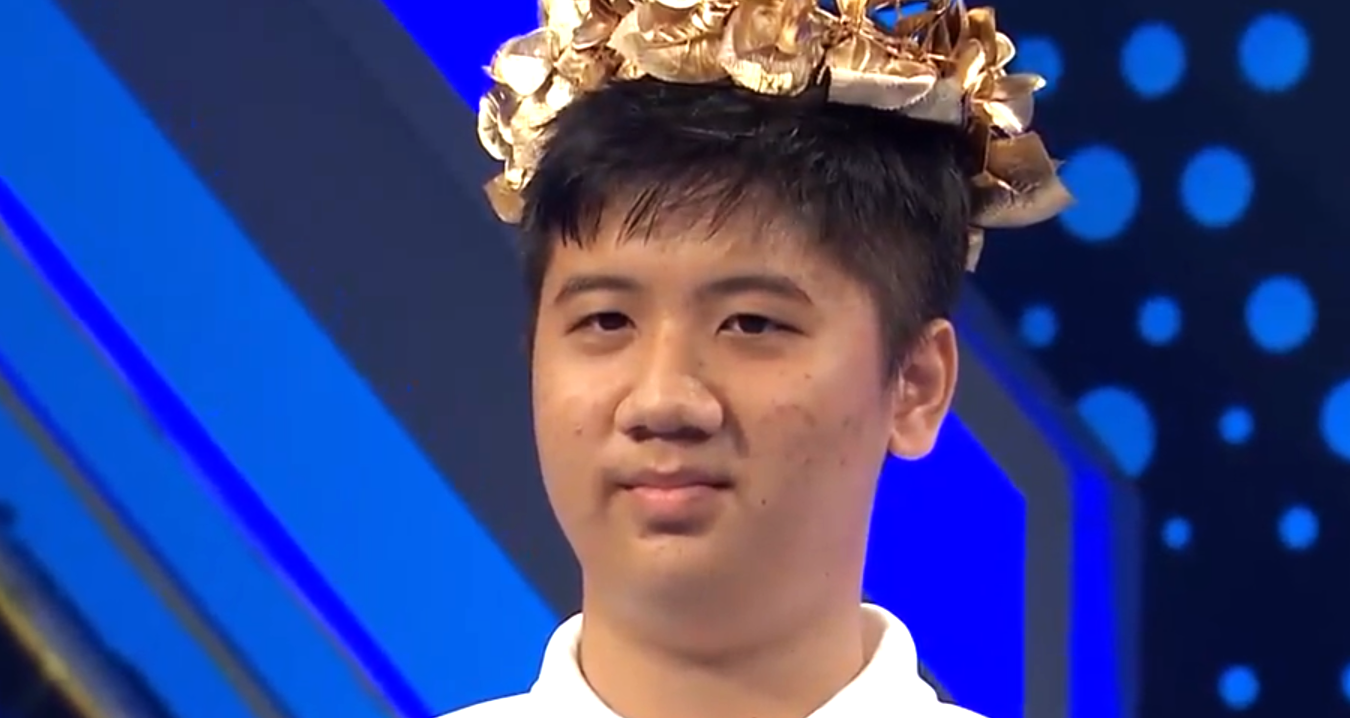















































Comment (0)